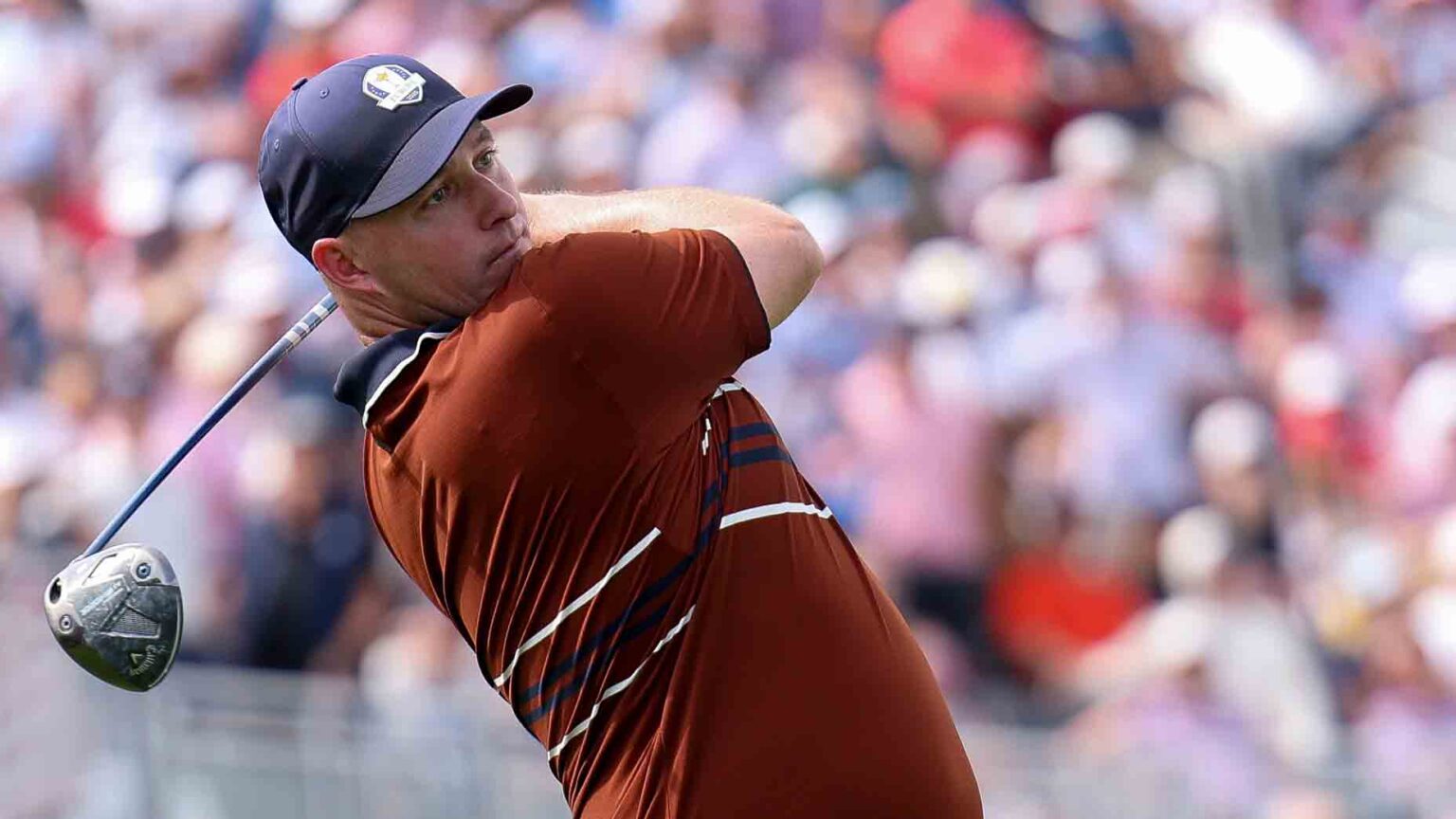Title: Sepp Straka’s DP World Tour Adjustment: A Family-Centric Turn
As the world of professional golf continues to evolve, notable changes often emerge from unique situations involving the players. One recent significant modification affects two-time European Ryder Cup star Sepp Straka, who has become a focal point of discussion following an adjustment to a DP World Tour tournament rule. This change, stemming from personal family considerations, showcases the human side of professional sports and highlights how players balance their careers with familial obligations.
Sepp Straka’s journey in the world of golf has been remarkable. Earning the distinction of representing Europe in the prestigious Ryder Cup not just once, but twice, underscores his undeniable talent on the course. Straka’s compelling skills and dedication have made him a familiar name among golf enthusiasts. However, beyond the fairways and greens, he is also a family man. In recent times, Straka’s commitment to his loved ones has taken precedence, prompting changes that resonate within the golfing community.
The DP World Tour, known for its extensive regulations and guidelines, often finds itself faced with the urgent need for flexibility in response to the individual circumstances surrounding its players. Straka’s situation is a testament to this adaptability. The adjustment made regarding tournament participation reflects an understanding that professional athletes often navigate complex personal lives. Such changes are essential not only for the athletes themselves but also for maintaining the integrity and inclusivity of professional sports.
The specific rule alteration involves allowances that enable players to manage their family commitments while still participating in high-stakes tournaments. This particular amendment emphasizes that the tour recognizes and values the importance of family in the lives of its athletes. Straka’s case is an exemplary model that underscores the necessity of such allowances, enabling players to remain connected to their families amidst their rigorous and demanding schedules.
Sepp Straka’s story resonates with many in the sports community as it brings to light the duality of being a professional athlete and a family member. It highlights the struggles and triumphs that accompany balancing competitive sports while nurturing personal relationships. For many fans and aspiring golfers, seeing Straka navigate his responsibilities serves as an inspiration and reminder that being an athlete does not diminish one’s familial roles.
Moreover, this adjustment is symbolic of a broader trend within professional sports, where leagues and organizations are starting to place greater emphasis on mental health, well-being, and family dynamics. As more athletes discuss their challenges openly, sports organizations are increasingly compelled to create policies that accommodate these realities. It is a progressive shift, paving the way for future adjustments that prioritize players’ overall well-being.
The significance of Sepp Straka’s situation also lies in its potential ripple effects across the DP World Tour and beyond. As the rule changes set a precedent, they may encourage other organizations to follow suit, reassessing their regulations to improve the playing field for athletes struggling with similar issues. Such decisions ultimately enhance player performance, as athletes can focus on their game without the burden of neglecting personal obligations.
In light of these changes, it’s vital for fans and the media to recognize and celebrate these adjustments not only as a win for Straka but for all professional athletes facing family concerns. It fosters a culture where players can feel secure in both their careers and personal lives, ultimately enriching the sport itself. By promoting these values, the DP World Tour can strengthen its relationship with players and fans alike, encouraging loyalty and support.
In conclusion, Sepp Straka’s experience is representative of a larger dialogue within professional sports, highlighting the intricate balance between career and family. The recent amendment to DP World Tour rules lays fertile ground for fostering understanding and support for athletes navigating complex personal lives. As the sporting landscape continues to shift, one can hope this trend towards compassion and inclusivity will further enhance the experience of both players and fans in the world of golf and other sports.
As we look to the future, it will be exciting to see how these developments unfold and whether the DP World Tour will continue to pave the way for other organizations. Sepp Straka remains a key figure in this ongoing conversation, serving not only as a talented golfer but as an advocate for the importance of family in the life of an athlete. For true golf enthusiasts, this becomes not just a story of a rule change but a reflection of the deep human values that resonate beyond the greens and fairways.
